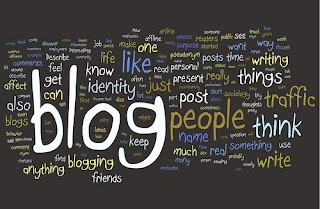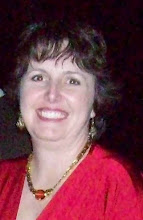
ACCESS Distance Learning is an online program that allows high school students in Alabama the opportunity to participate in classes that are not offered in their area. Courses are offered in two formats: video conferencing and web-based instruction. Courses include Math, Science, Social Studies, Foreign languages, and various electives. There were approximately 75 courses that were offered for fall 2009. This program gives students in areas that are typically lower income or more rural the same opportunity to learn as those students in more populus areas. While the program is only open to currently registered 9-12 grade students in Alabama high schools (at no cost to the student) the potential is there for the classes to be available to anyone who would want to take them. I'm of the opinion that out-of-state students would pay a fee for the use of the program; it's something for the administrators to consider.













